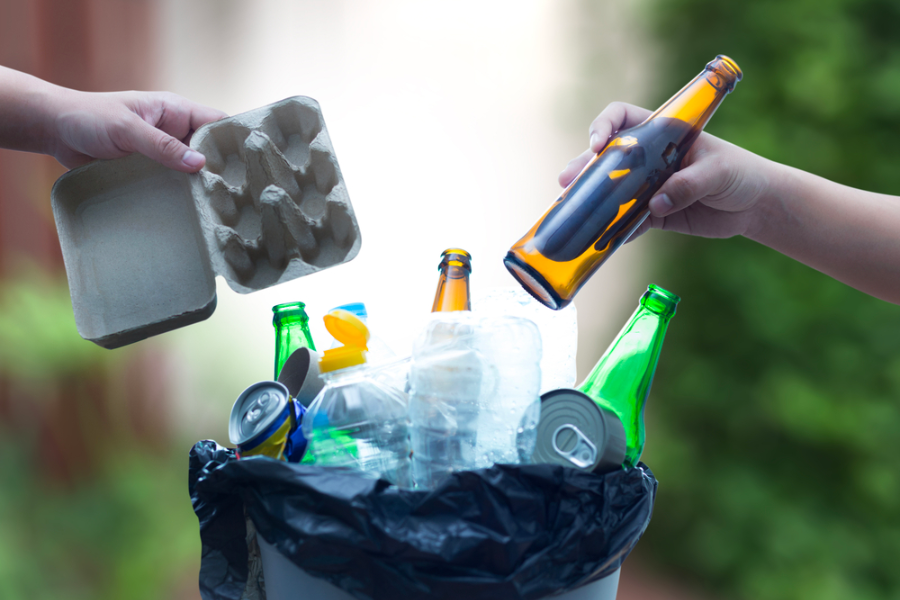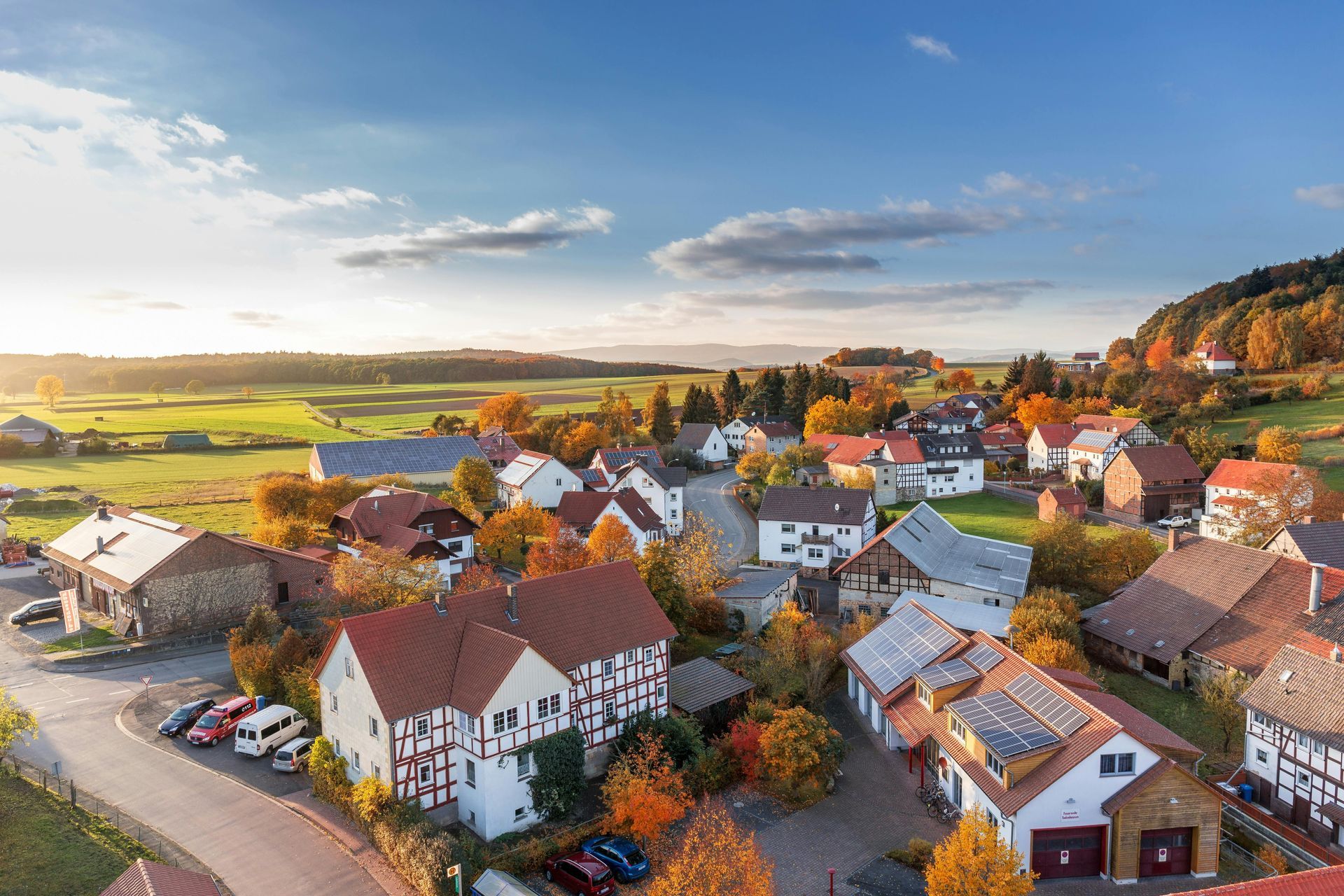NERC Embraces Reuse & Recycling for Office Closure
By Mary Ann Remolador, Assistant Director, NERC
After working virtually for more than three years, it became obvious to staff that NERC’s office in Brattleboro, Vermont was no longer necessary. Upon making that decision, we were then faced with figuring out a plan for tackling the 36-year accumulation of paperwork, supplies, equipment, and furniture. As you might expect, we explored all of the different available options for reuse and recycling in the area.
We started the clean out process with the arduous task of culling through the paper in nine very full filing cabinets. This required assessing each and every piece of paper to discern if needed to be saved, shredded, or recycled. This experience taught us all a valuable lesson about saving unnecessary items.
The amount of paper to be recycled filled the collection containers at the Hooker Dunham Building for several weeks. The thoroughness of this part of the clean out was both uplifting and painful. We could see the progress we were making and had sore muscles from the many trips of carrying the recycling bins upstairs to be emptied.
The next step was to find out who we could donate the remaining furniture, equipment, and supplies to. After some quick Google searches and some phone calls, we were able to develop a contact list of the local private and public schools, the library, the recycling office, as well as some neighboring offices who we thought may be interested. The local Chamber of Commerce also offered to distribute our information to non-profit organizations.
We decided to hold a one day Open House where everyone could browse, select, and take away the items they wanted. The Open House flyer was emailed out and follow up phone calls made to further entice attendance.
While driving to Brattleboro for the Open House, I found myself worrying if people would actually show up for it. That all changed a few minutes after opening our doors as visitors almost immediately started arriving. We were happy to greet the Brattleboro Library, the Windham Regional Commission, St. Michael’s Catholic School (elementary, middle, and high school), Green Street Elementary School, and the Brattleboro Area Jewish Community.
The office was buzzing with people as they filled their bags and carried away their chosen items. It felt like a party. Everyone was so appreciative of the donations since they were all working with leaner budgets. This part of the closure process was very rewarding knowing we helped local organizations and kept items out of the landfill.
As a result, the items taken for reuse included almost all of the office supplies, a large wooden bookcase, two small wooden bookcases, two small metal book cases, a hand truck, manual typewriter, projector, conference table, a metal supply cabinet and all of its contents, a compost bin, coffee table, two filing cabinets, a handful of surge protectors, and a small wooden side table. The remaining reusable furniture was delivered to the Brattleboro Goodwill store, and the leftover metal items and electronics were recycled at the Windham County Solid Waste District.
There are still some remaining tasks to be completing before we shut the office doors, but we are relieved to have arrived at this point!
NERC’s new mailing address is Post Office Box 551, Brattleboro, Vermont 05302.
Share Post





